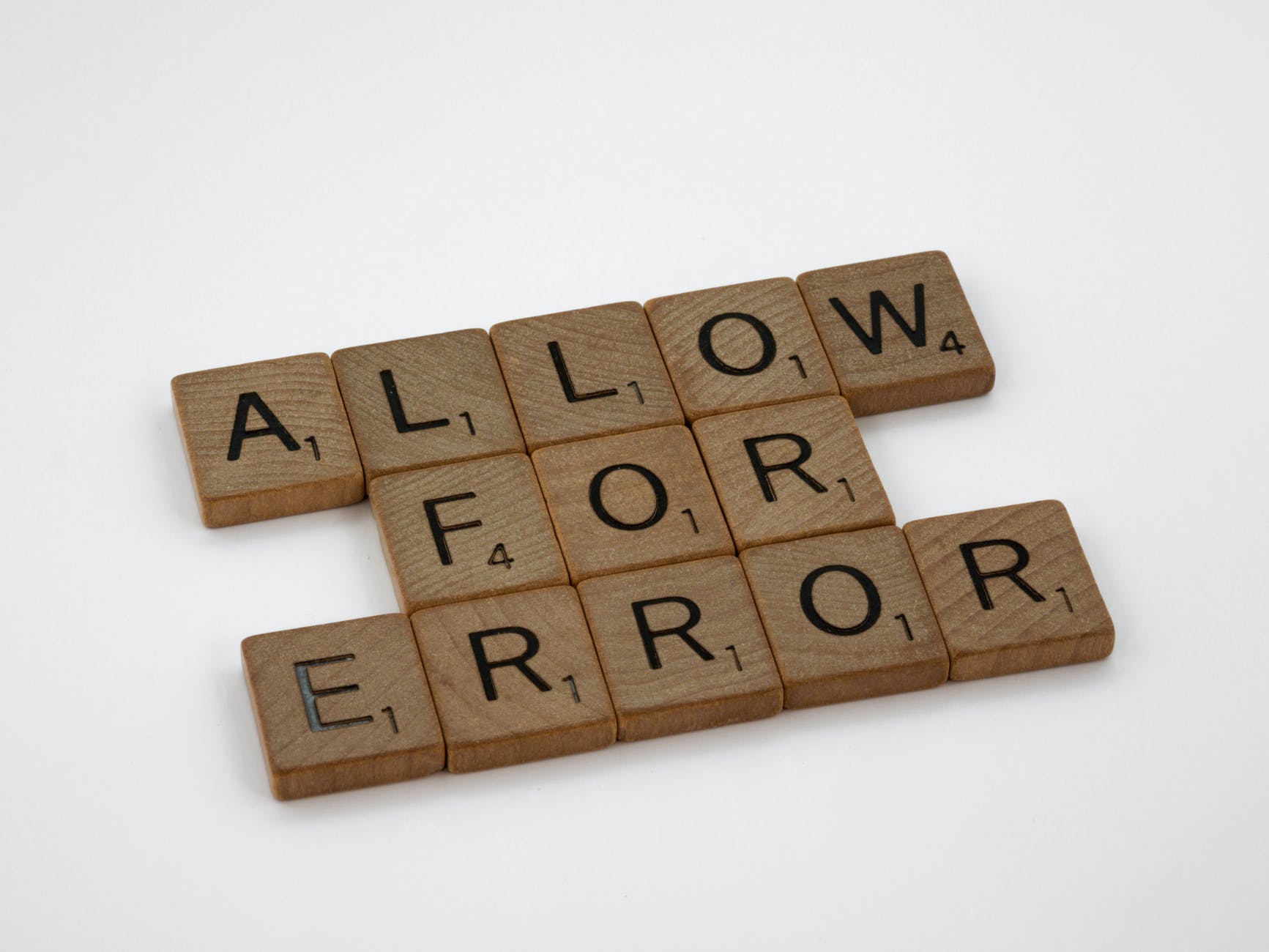So many of us underestimate the power of rethinking. In reality, rethinking is both a skill set and a mindset that can be extremely difficult to incorporate into your daily life. Much of this blog incorporates concepts from the best selling author, Adam Grant, and his advice on stopping to question yourself and others.
When was the last time you were able to rethink a situation? As leaders, it is crucial for us to continue the cycle of rethinking and showing our team that rethinking will lead to success.
Many of us think that one answer is the right answer, and that all other answers are wrong. However, the power of rethinking can help you to expand your knowledge and accept the fact that you may not be correct. This takes a whole lot of practice and understanding about yourself, and the way you think.

Confidence & Humility
Adam Grant, explains it best in his amazing book, Think Again — there is so much power in knowing what you don’t know.
“Confident humility is all about having faith in our capability while appreciating that we may not have the right solution or even be addressing the right problem.” – Adam Grant
Overconfidence can lead to negative outcomes; however, having low self-confidence can also lead to negative outcomes. Confidence and humility go hand in hand through recognizing that we as humans are not perfect, but that we can still believe in ourselves and our capabilities.
In leadership, practicing confidence in humility at once can go a long way. You want your team to do the same, so showing them that it’s possible will have a large impact on motivation, learning, and work ethic.
It’s Okay To Be Wrong
Being wrong can only make us stronger. It’s okay to be wrong, and this may be one of the hardest thing for people (and leaders) to admit. Accepting the fact that being wrong is difficult; however, it will help you continue to learn and find information that you didn’t know before.
Being wrong can be known as an advantage in some situations. If you are wrong, you are giving yourself and your team the opportunity to learn from each other and collaborate to make something even better. Although we don’t want to be wrong all the time, it’s about accepting and understanding that we do not need to deny our wrongness just to protect our ego. Being a leader takes a lot of courage to admit when you are wrong.
Check out this LinkedIn post from Adam Grant to understand how being wrong is a learning opportunity.

How can you take the next steps to confront yourself and admit when you are wrong? Have you done it in the past? Please share your thoughts in the comments below. Thanks for reading!

2 Comments Add yours